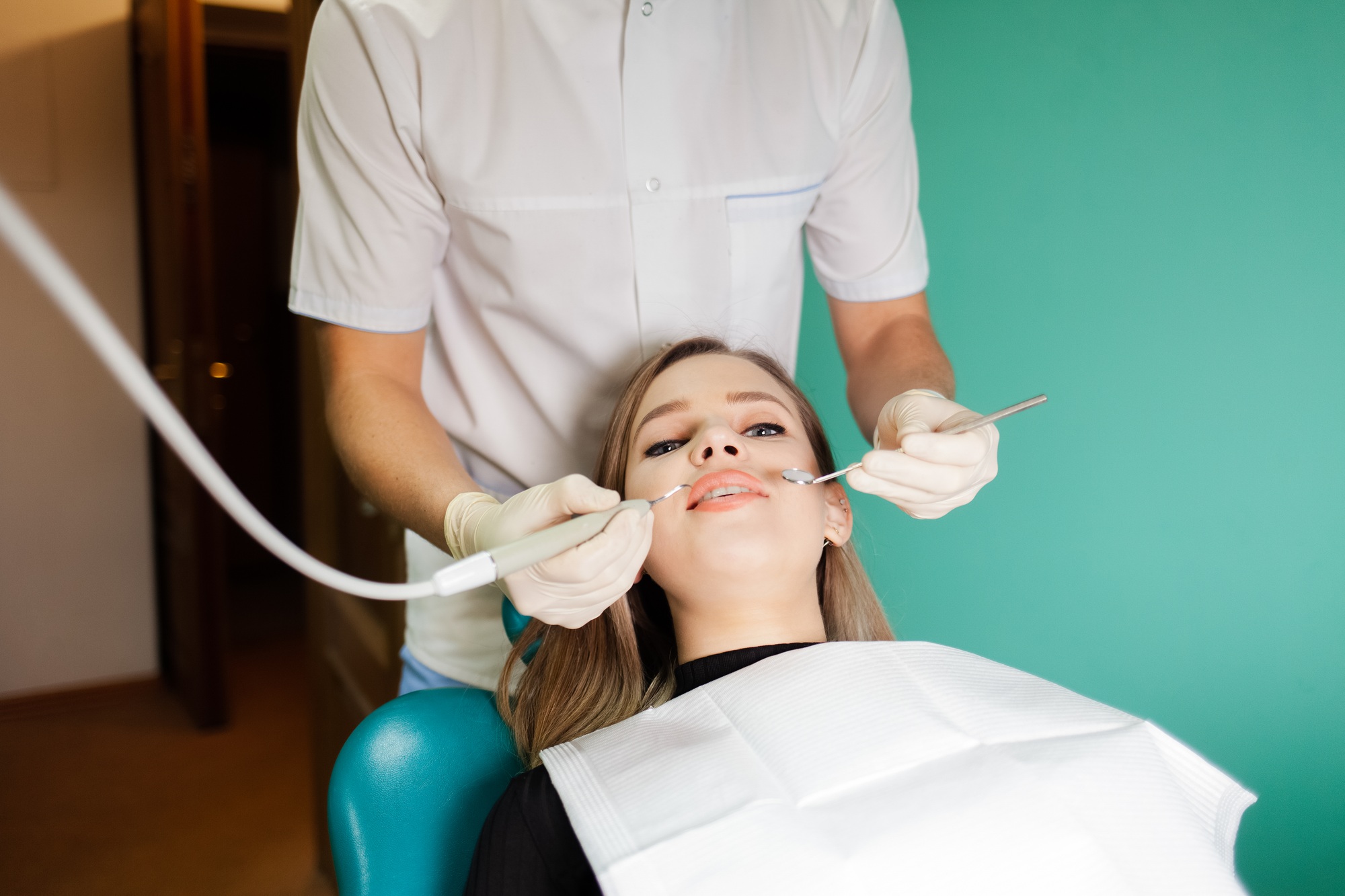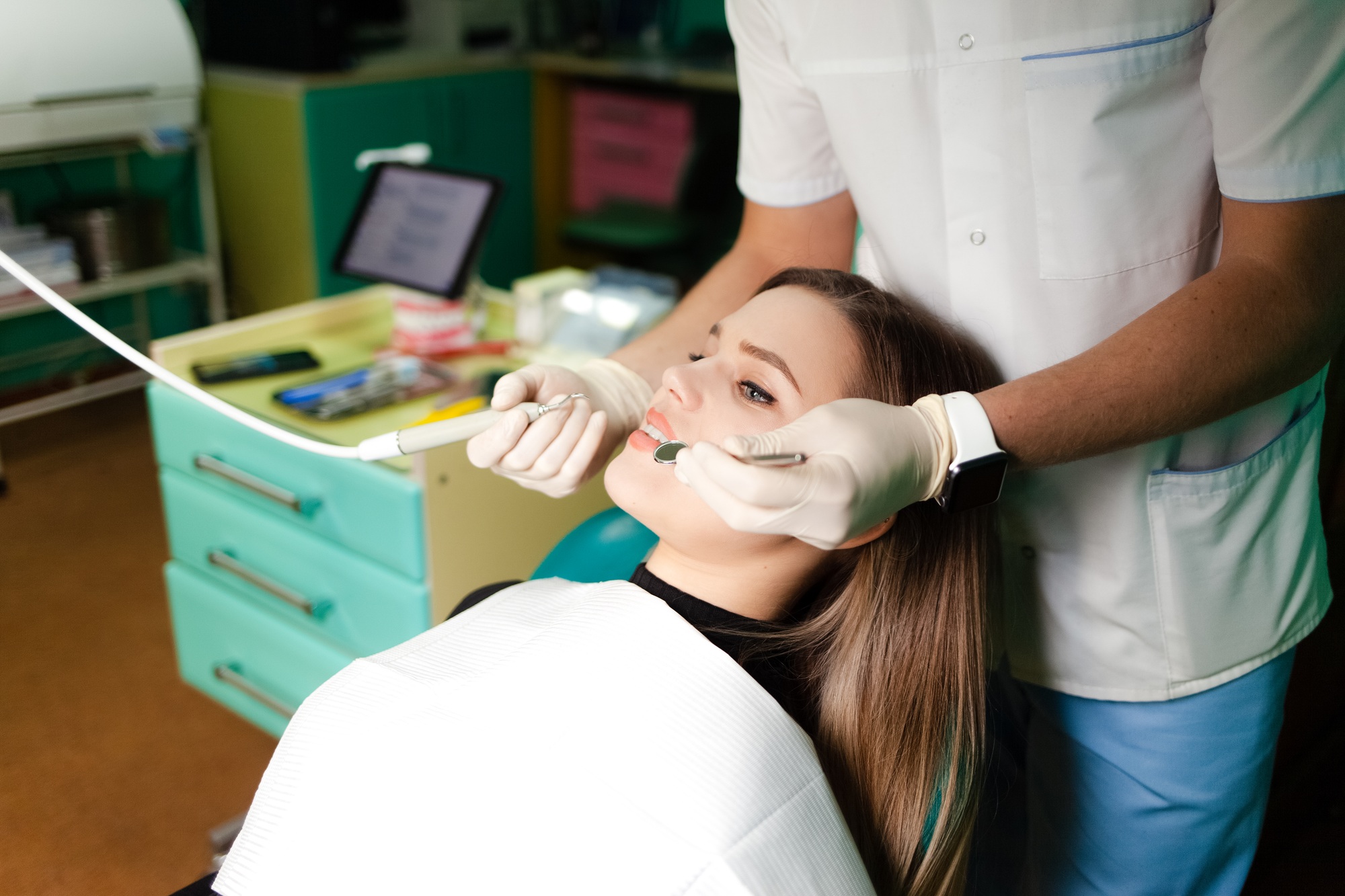Teeth Grinding
Contact Us
Teeth Grinding and TMD at Bright Smiles Dentistry & Orthodontics: Preserving Your Smile and Effectively Relieving Jaw Pain.
What Is Teeth Grinding?
Flattened or Worn Teeth
Jaw Pain
Headaches
Tooth Sensitivity
Cracked or Chipped Teeth
Signs of Teeth Grinding
- Waking up with a sore jaw or headache
- Chips or flats in teeth
- Increased tooth sensitivity
- Clicking, popping, or pain in the jaw
- Enlarged jaw muscles
If you have any of these signs, make an appointment.
TMD (Temporomandibular Joint Disorders)
- Pain around the jaw, ear, or temple
- Clicking, popping, or grinding sounds with jaw movement
- Inability to fully open the mouth
- Locked or stiff jaw
- Headaches and neck pain
At Bright Smiles Dentistry & Orthodontics, we have a vast array of experience diagnosing and treating TMD. Dr. Sangita Venkatesh, a neuromuscular dentist by certification, has invested in advanced training and technology that can help deliver relief for those who are suffering from TMJ pain or TMD.
The Link Between Teeth Grinding and TMD
Treatment Options for Teeth Grinding and TMD
Custom Night Guards
We custom fit you for your night guard to ensure a comfortable fit so you can sleep without worry. A night guard can also relieve jaw pain, headaches in the morning, and any other symptoms related to bruxism (grinding your teeth at night).
TMD Orthotics and Splints
If you are suffering from TMD, we can provide you with custom orthotics and splints to relieve pain, and allow you to function better with your jaw. Orthotics and splints are appliances worn somewhere in the mouth that are designed to consider reposition the jaw and relieve strain of the structures so you can relieve jaw pain, jaw clicking, and difficulty opening the mouth.
Dr. Venkatesh uses modern technology to create a pleasant experience in getting your splints and orthotics fit for you comfortably. Splints or orthotics can be a great options to relieve TMD symptoms, reduce the damage on the jaw joints, and improve your quality of life.
Managing TMD and Teeth Grinding
Whether you need a custom night guard to protect your teeth or if you need treatment for TMD and teeth grinding, we can help alleviate discomfort and treat your oral health.
FAQ:
1. What is teeth grinding (bruxism), and how does it affect my oral health?
2. How do I know if I am grinding my teeth?
Waking up with jaw pain or a headache
Tooth sensitivity
Flattened or worn teeth
Clicking or popping jaw
If you are experiencing any of these symptoms, contact us at Bright Smiles in Cumming, Lawrenceville, or Dawsonville, and we can assess your condition.
3. What is temporomandibular joint dysfunction (TMD), and how is it related to teeth grinding?
4. How can teeth grinding affect my jaw muscles and joints?
5. What treatments are available for teeth grinding and TMD at Bright Smiles?
6. How does a custom night guard help with teeth grinding?
7. Can a night guard help with jaw pain caused by TMD?
8. Is oral appliance therapy effective for treating teeth grinding and TMD?
9. How do I know if I need a night guard or TMD splint for my jaw pain?
10. Why should I choose Bright Smiles for treating teeth grinding and TMD?
Schedule Your Consultation Today
If you suspect that you’re grinding your teeth or experiencing symptoms of TMD, don’t wait to seek treatment. Contact Bright Smiles Dentistry & Orthodontics to schedule a consultation and learn more about how we can help protect your smile and alleviate pain.
Call us at (678) 941-5151 or visit our website to book an appointment at one of our convenient locations in Dawsonville, Cumming, or Lawrenceville, GA. Let us help you find relief from teeth grinding and jaw pain with customized care and advanced treatments.
Any Questions?
We'll answer your questions and get back to you within 24 hours.
Contact Us
Enter your info and we'll get right back to you.
We'll contact you within 24 hours of your submission.






